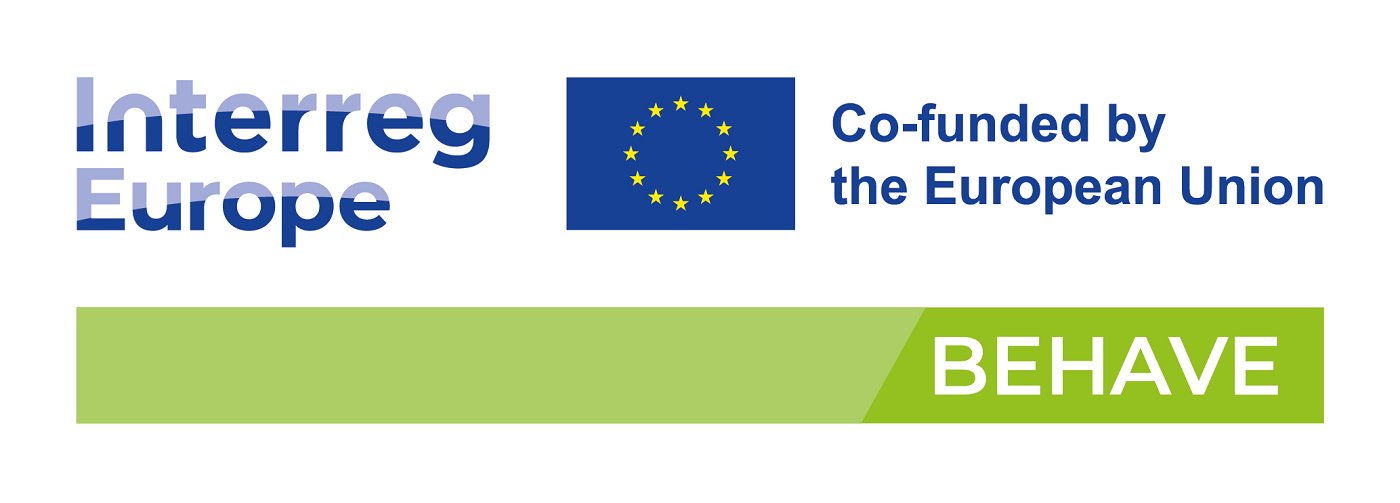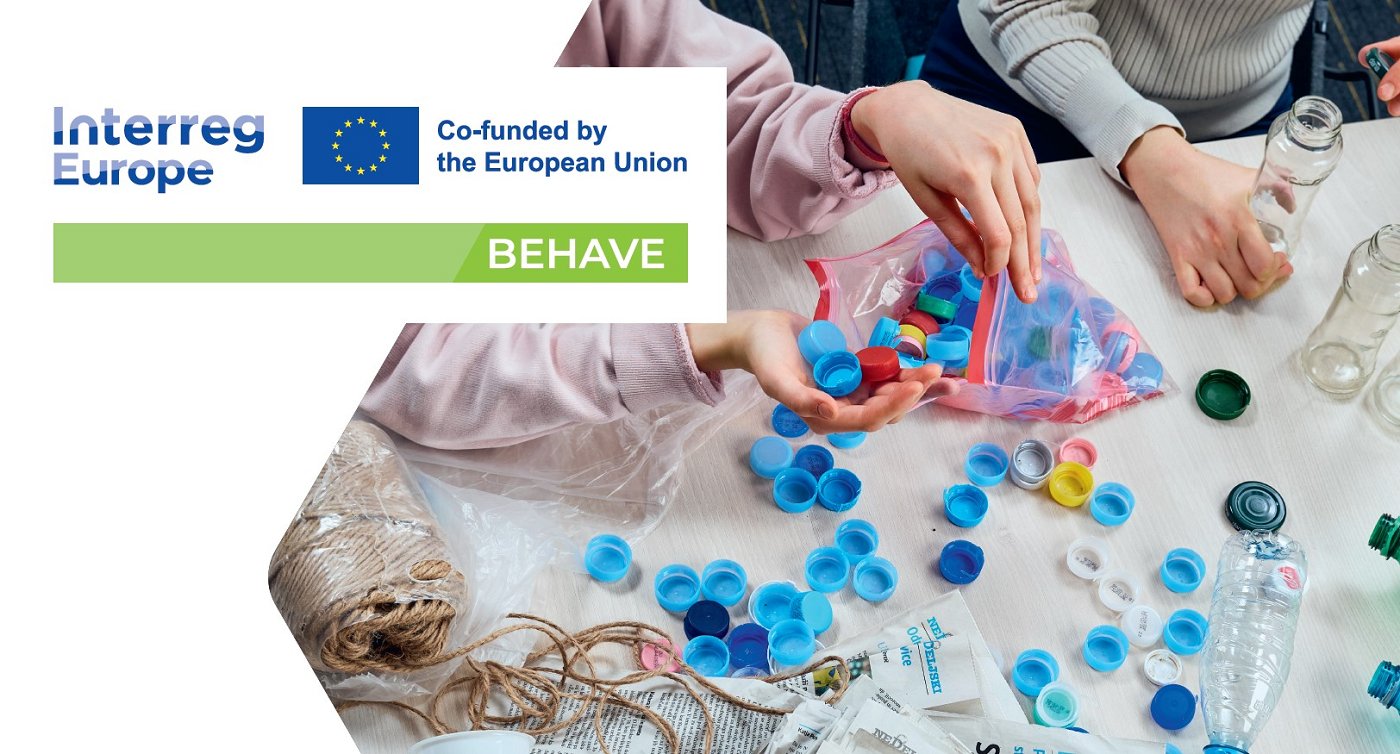Project BEHAVE – BEHaviour Analysis and Valorisation for Elevated waste prevention
date: 05. 05. 2025
Project start: 1 May 2025
Project end: 30 April 2029
Duration: 48 months
Total project value: EUR 1,351,846.00
Programme: Interreg Europe
Funding sources:
The BEHAVE project is co-financed with EUR 872,984.40 from the Interreg Europe programme, EUR 118,150.00 from the Norwegian Financial Mechanism, and EUR 360,711.60 from public and private partner contributions.
Lead partner:
Municipality of Novo mesto (Slovenia)
Project partners:
- ACR+ – Association of Cities and Regions for sustainable resource management (Belgium)
- IRIS Salten IKS - Waste Management Authority – Salten Region (Norway)
- RA DUNEA - The Regional Development Agency of Dubrovnik-Neretva County (Croatia)
- Brussels Environment - The Environment and Energy Administration of the Brussels-Capital Region (Belgium)
- ATA Rifiuti Ancona - Waste Management Authority, Province of Ancona (Italy)
Project website: https://www.interregeurope.eu/behave
BEHAVE explores and evaluates citizens' behavioural patterns to improve waste management strategies and separate waste collection.
Waste is not just a household issue. Tourist hotspots, parks, sports venues, cultural institutions and events also generate large volumes of waste—most of which is not properly sorted. BEHAVE therefore focuses on high-traffic public spaces, where waste management is often neglected but holds significant potential for change.
BEHAVE is grounded in behavioural science—acknowledging that up to 95% of our behaviour happens unconsciously. To encourage more sustainable actions, we must understand people’s habits and inspire change through smart, evidence-based approaches. BEHAVE uses “nudging” techniques—subtle environmental or communication adjustments that help individuals make better choices.
Over the course of four years, six project partners from Slovenia, Belgium, Croatia, Italy, and Norway will:
- Analyse behavioural patterns in various public environments—from city streets in historic centres to sports arenas and nature-based tourist attractions used for leisure;
- Develop innovative waste separation and prevention solutions tailored to different infrastructures and target audiences, through the exchange of best practices;
- Implement pilot actions with local stakeholders using innovative and advanced waste management tools, including:
- KAYT (Know-As-You-Throw): raising awareness about incorrect waste practices;
- SAYT (Save-As-You-Throw): offering incentives for proper waste behaviour;
- PAYT (Pay-As-You-Throw): pricing waste services based on the amount of waste generated;
- Introduce green public procurement and other measures that support the circular economy;
- Train partner organisations, enhance policies based on findings, and keep the public informed about results.
BEHAVE is not just a research project—it’s a practical toolkit for cities and regions aiming to bring the circular economy closer to people and improve waste practices through a deep understanding of human behaviour, public space, and habits. It treats public space as a space of opportunity—where small behavioural shifts can yield significant environmental benefits.





